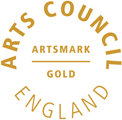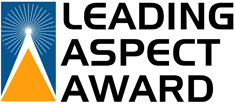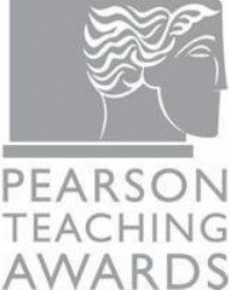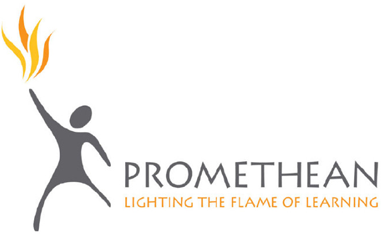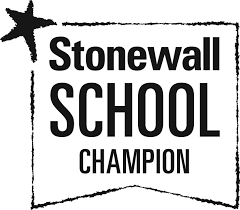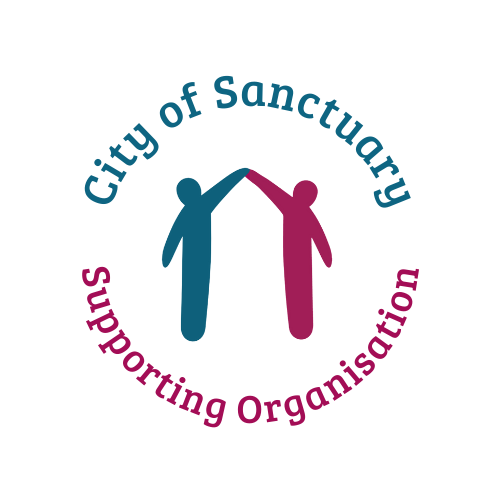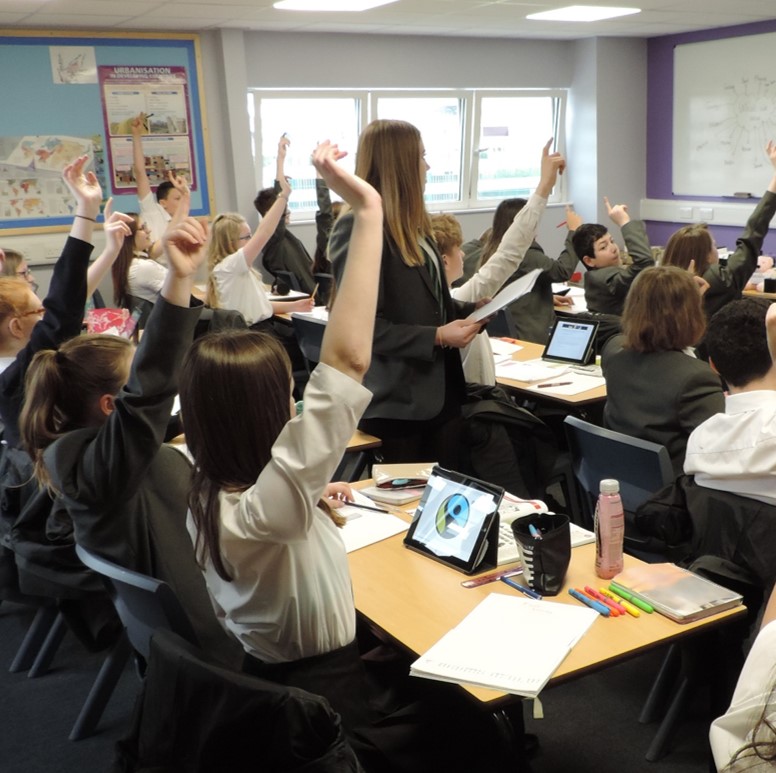 Sociology:
Sociology:
Subject Information Overview
Below is a visual overview of the content available on this page. Click the appropriate title to view the relevant section
Curriculum
Area Staff Curriculum
InformationCurriculum
OverviewExam information for GCSE
qualifications in this Subject AreaKnowledge
Organisers
Curriculum Area Staff
|
Hannah Harrison (Pastoral Director, Year 9 & Projects) |
|
Should you require more information about this subject area please contact:
Name: Mrs Hannah Harrison
Position: Director: Values Curriculum
Email: hha@selbyhigh.co.uk
Curriculum InFormation
The aim of the sociology curriculum is to engage our students in developing an understanding and critical awareness of the social world around them. We consider the importance of social structure and explore the contemporary social issues that exist in modern society and our local context. We develop our student’s ability to challenge common societal assumptions and to question their everyday understanding of social phenomena and to think sociologically in relation to their experience of the social world around them so that they are able to play a positive, active and informed role in society.
The GCSE EDUQAS Sociology requires learners to:
- apply their sociological knowledge, understanding and skills to develop an understanding of relationships and tension between social structures and individual agency within a UK and global context
- critically analyse information and use evidence in order to make informed arguments, reach substantiated judgements and draw conclusions
- use and apply their knowledge and understanding of how social structures and processes influence social control, power and inequality
- use sociological theories to understand social issues, debates, social changes and continuities over time
- understand and evaluate sociological methodology and a range of research methods
- use sociological terminology appropriately and make connections between the key areas of subject content
As a school, we also expect students to consider how social issues impact our local community and how we as a school and address some of these issues.
The course is split into two main components:
Component 1: Understanding Social Processes
Key concepts of cultural transmission: Exploring the ways in which the key messages, norms and values are transmitted to its members
Families: Investigating the way that the concept of the ‘family’ is presented in modern Britain and how this has changed over time
Education: Exploring education as an integral part of our society and considering why some students perform better than others taking into account a range of factors including: social class, gender and ethnicity.
Component 2: Understanding Social Structures:
Social Differentiation and Stratification: Exploring some of the most important issues of the 21st century and identifying the ways in which society is constantly changing through attitudes towards power and authority, why social inequality exists, why some groups have worse life chances than others, poverty and the inequality experienced by certain groups such as age, gender, ethnic minorities, LGBT people and people with disabilities.
Crime and Deviance: Investigating the main causes and reasons for crime within society in relation to key sociological theory. This unit addresses questions such as: What is crime/deviance? Why do people commit crime? How is order kept within society? What is the role of the forces of social control? and, how reliable are statistics on crime?
Social enquiry and research methods: Research methods are at the heart of sociology. This unit aims to explore the methods by which sociologists carry out research, understanding the importance of integrity within the subject, exploring how to carry out an effective piece of research and the issues to consider.
CURRICULUM OVERVIEW
Below is a summary overview of the topics and their content that will be studied in each term by each year group. For more information about each topic, get your child to visit learning journeys and resources on the school online learning platform - Ready Steady Learn.
| Year Group | Term 1 | Term 2 | Term 3 | Term 4 | Term 5 | Term 6 |
| 10 |
Introduction: Key concepts and processes of cultural transmission.
Overview: This unit outlines the key concepts used in sociology, what norms and values are and how culture is passed on through an exploration of the key agencies of primary and secondary socialisation. These include the influence of the family, education system, peer groups, media and the law on individuals and wider society. These concepts are referenced throughout the unit and therefore give students a clear foundation as a starting point as it is unlikely that students will possess any prior knowledge. |
Families:
This unit outlines the place of families in society. It is one of the most popular and familiar areas, therefore, whilst no prior knowledge is necessary or applicable, all students have some foundational understanding. The unit aims to outline how families are changing in contemporary society and explore a range of complementary and conflicting sociological perspectives.
|
Education:
|
Social Differentiation and Stratification:
This unit addresses key areas of inequality in society in the 21st century and considering how society is constantly changing. It addresses questions such as: Is social inequality becoming greater? Are the very rich becoming richer while the poor become poorer? It aims to explore ideas around the purpose of inequality from a functionalist perspective and how change in society has been perceived as positive as well as negative. |
||
| 11 |
Crime and Deviance:
This unit aims to address the key question: Why do people commit crime? It aims to explore the various different aspects of social control, patterns of criminal and deviant behaviour as well as a focus on the key sociological theories and explanations of deviant and criminal behaviour and analysing sources of data on crime. |
Social Enquiry and Research Methods:
This unit reviews the different methods of sociological research and evaluates the importance of maintaining integrity within the subject. Although reviewed at the end of the course this unit permeates all aspects considering: The usefulness of data, methods of research and sampling and a critical analysis of interpreting data produced. |
REVISION & EXAM PRACTICE. |
|
||
| Assessment details |
GCSE Eduqas (WJEC): Please see course overview for assessment points. X3 per topic including end of unit assessment. |
|||||
| Wider curriculum opportunities |
Drop Down Days Life Development Links Form Time: Thought for the Week Assembly Themes |
|||||
KNOWLEDGE ORGANISERS
A Knowledge Rich Curriculum at Selby High School
Research around memory suggests that if knowledge is studied once and not revisited or revised, it is not stored in the long-term memory. This means that after one lesson, or revising for one test, the knowledge will not be retained unless it is studied again. It won’t be recalled unless it is revisited frequently, which will embed it in the long term memory. In the long term this makes recall far easier. As part of home learning, students should be revising what they have been taught recently but also content they were taught previously. Therefore as part of our strategy to embed learning over time we have started to develop knowledge organisers across all year groups and curriculum areas. These will provide key content and knowledge allowing students to pre-learn and re-learn, a vital part of processing all the information required to be successful in the new style GCSE’s.
Instructions for using your knowledge organisers
KS3 = Years 7, 8 & 9
KS4 = Years 10 & 11
Below are the knowledge organisers for each topic in this subject. These knowledge organisers will become embedded in the Learning Journeys for each topic as they are created on Ready Steady Learn.
Exam information for GSCE qualifications in this subject area
Click each link below to view the full specification:
Paper 1: 1hr 45 minutes
50% weighting
Understanding Social Processes
Paper 2: 1hr 45 minutes
50% weighting
Understanding Social Structures

